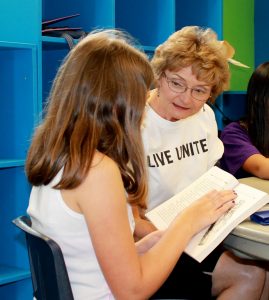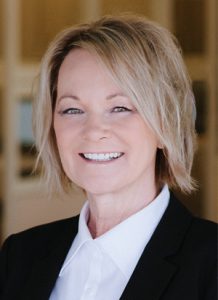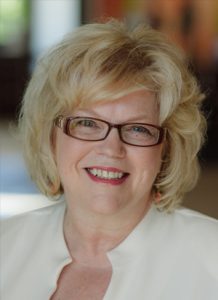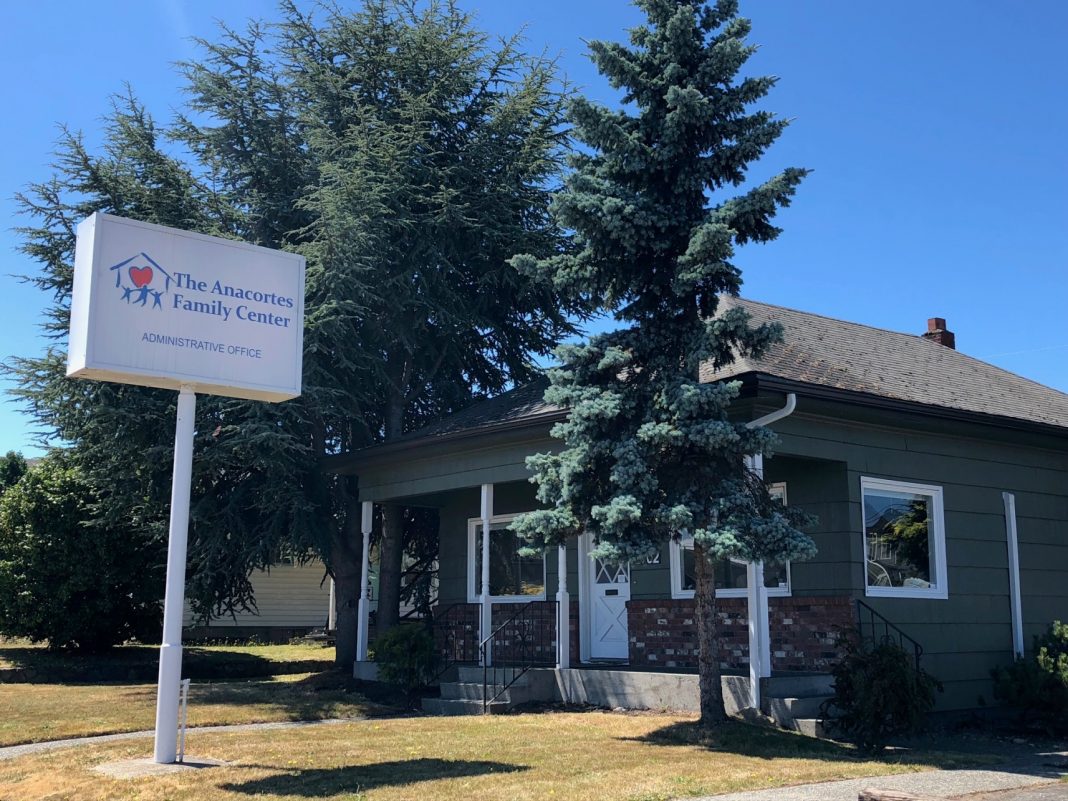COVID-19 has touched nearly every area of our lives, and local nonprofits’ operations are no exception. Despite having to work around canceled fundraisers and new social distancing guidelines, many organizations are continuing to provide critical resources to those in need. And they couldn’t do it without the support of the community and local businesses like Peoples Bank.

Photo courtesy: United Way of Skagit County
A number of Peoples Bank employees volunteer for Skagit-area nonprofits as board members, donors, and in other helpful capacities. Here’s a look at how several of these organizations are serving the local community during these difficult times and how you can help.
United Way of Skagit County
Like many nonprofits, United Way of Skagit County has changed the way they conduct programming due to recent restrictions.
For example, its “Welcome Baby” program, which provides new parents with gift baskets of baby supplies, is no longer occurring at hospitals. Instead, hospitals provide United Way with the contact information of interested parents, and when parents return home, gift baskets are delivered to their front door. United Way then calls parents to offer congratulations and talks with them about additional parental resources.
Debra Lancaster, United Way executive director, says making the program distance-based has improved it. United Way has more time to gather basket items and can have longer conversations with parents by phone instead of brief hospital talks shortly after birth.
United Way has also helped parents in emergencies. In one case, Lancaster says a mother was diagnosed with COVID-19 after giving birth. While she remained in the hospital, the father took the new baby home. United Way offered support for how to care for the newborn and collected extra diapers and supplies for the family.
United Way’s “We’re Reading” program, which helps parents and children with early literacy activities, is also continuing via videoconference. It is perhaps even more important now that parents are helping educate children at home.
With schools closed, the “Cutting Hunger on Weekends (CHOW)” program is busier than ever. The program delivers extra food to the homes of low-income children on weekends. Lancaster says the number of children participating has doubled since the pandemic began.

United Way has also partnered with the Skagit Community Foundation and the county’s Economic Development Alliance to create a Disaster Relief Fund. So far, about $200,000 has been raised for nonprofits with clients directly affected by COVID-19. Peoples Bank also made a sizeable contribution to the fund, says Kim Walley, a Peoples Bank employee, and United Way board member. “There are many different avenues in which people can help,” she says.
“We rely on our community and business leaders to provide the funding necessary to support essential community services in this time of great need,” says Lancaster.
To support United Way, visit the United Way website and Facebook page to donate money or supplies, or to volunteer.
Anacortes Family Center (AFC)
The Anacortes Family Center, which provides emergency shelter and transitional housing for women and families, has seen the virus’s effects firsthand. Nearly 75 percent of its residents were unemployed within days of the pandemic hitting. Executive Director Dustin Johnson says three of their households tested positive for the illness, though thankfully, all have now fully recovered.
Despite the economic impact the virus has had on the community, generous donors remain. Recently, Johnson says a retired couple on a fixed income established a “Stimulus Matching Fund.” Using their stimulus checks, they established a dollar-for-dollar gift match for donations up to $2,400. Funds will provide relief for AFC clients, including basic needs, rent waivers for those in AFC’s affordable housing complex, cleaning and sanitizing efforts, and virtual case management and therapy. Still, long-term funding for the AFC remains uncertain.

“The need in the community for AFC’s services is greater than ever,” says Gina Walsh, a Peoples Bank district manager based at the Anacortes Office and an AFC board member. “We are humbled by the generosity of the community, especially during these difficult times.”
“We know that times will be very tough moving forward,” says Johnson. He encourages anyone wishing to donate to visit their website or mail a check to their office. Whether it’s financial support or other ways to help, they’re always happy to hear from community members.
Skagit Domestic Violence and Sexual Assault (DVSAS)
Skagit DVSAS has seen calls double since lockdown measures began. Heidi Roy, DVSAS executive director, says many calls have come from the most dangerous domestic violence situations, according to their lethality assessment program.
While financial and relationship stresses typically increase domestic violence risks in normal times, stay-at-home orders exacerbate this risk for adults and children in volatile households. Fortunately, DVSAS is still providing the support that sexual assault and domestic violence victims need.
In addition to continuing its 24-hour crisis hotline, sexual assault advocacy at hospitals is now being conducted via phone calls. This ensures victims receive the immediate support they need after suffering a trauma. Other programs have also shifted to virtual means, including support groups and prevention outreach previously done in schools.
The nonprofit’s shelter has also implemented social distancing guidelines. Many of the building’s spaces are communal, and due to COVID-19, Roy says they’re accommodating fewer people than usual. Those who can’t stay at the shelter are being housed in hotels, she adds.
The increased reliance on technology to carry out services has necessitated additional costs. This extra expense, combined with the cancellation of its annual fall fundraiser, a $75,000 auction event, means donations are critically important.

“We’re trying to come up with creative ways to make up for the funds we’d normally raise at the auction,” says Lynda Nelson, a Peoples Bank employee, and DVSAS board member. Among consideration is a virtual auction, and the organization is also finding new ways to raise money.
For example, last month’s Bayview Women’s Run became a virtual fundraiser. To participate and donate to DVSAS, runners registered, then posted pictures of themselves running in a socially distanced manner.
Anyone wishing to donate either funds or shelter supplies can visit the DVSAS website or Facebook page. Checks can also be sent to their office, and gift cards are especially welcome. While the future may be uncertain, Roy says a strong spirit of support proves how resilient we can all be.
“The fact that we can still all pull together as a community is a real blessing,” Roy says. “We want to thank the Skagit community.”
Sponsored





































